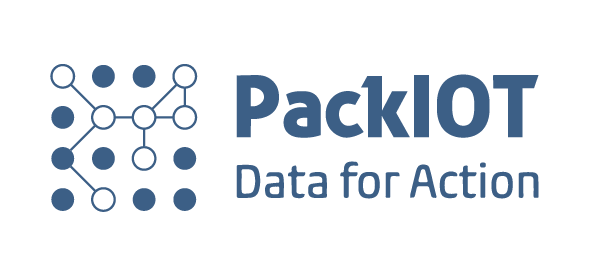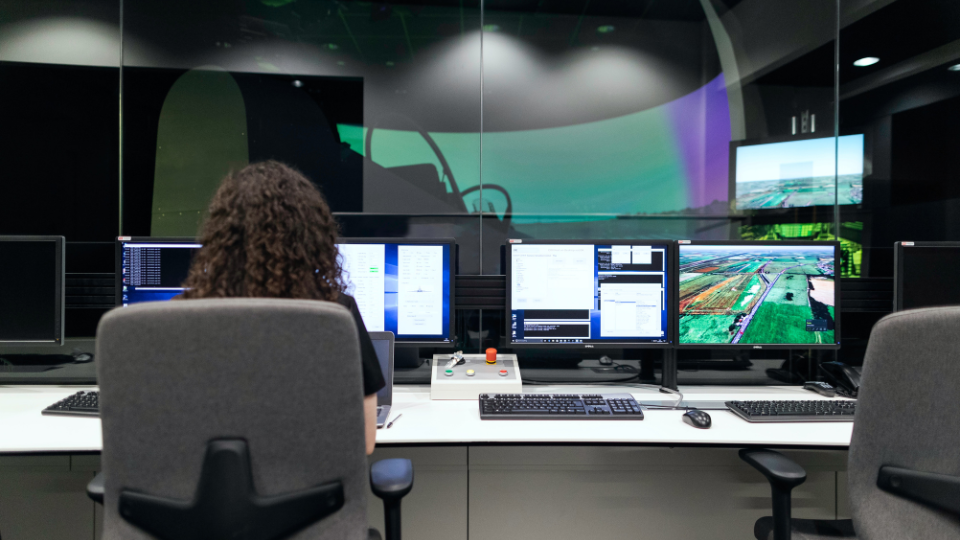There is a lot of talk about Digital Transformation in Industry and what impacts these changes will have on the day-to-day operations on the shop floor. However, most of the articles found are more about the concepts of digital transformation in industry. They are not really helping companies use digital transformation in industry to revolutionize factory operations.
In the manufacturing industry universe, digital transformations are mostly related to growth through Industry 4.0 and other technologies. Companies of all sizes are achieving admirable results in their business through digital transformation efforts, such as product and service improvements, increased operational efficiency, innovations, and greater flexibility throughout the production chain.
Broadly speaking, we can say that to get real benefits from digital transformation in industry requires integrating digital technologies into all areas of a factory, dramatically changing the way companies derive value from their data and information. It seems strange to say this in the current context of Industry 4.0, but many companies still don’t appreciate the importance of real-time data collection and processing.
Now we will present some fundamentals for using digital transformation in industry and getting real benefits:
1 _ Establish your goal
Here at PackIOT we have a culture of suggesting that you start your digital transformation journey by the challenges you want to solve, not by the tools and technologies you want to deploy. It’s fine that you want to implement innovative technologies in your factory, but first you need to know how and where you want those technologies to help you.
You need to ask yourself where you want to start your digital transformation and what your next steps will be in the short, medium, and long term. This way you will gather all the possible scenarios in an organized way and without the efforts and costs of implementing each of them. It is important to define a pilot project, ideally short term and simple to implement, so that a successful case becomes inspiration to drive innovation in other areas of the company and the scalability of the digital transformation culture. It is as we like to say, “digital transformation is not a project, it is a strategy”.
2 _ Create a culture
For the gradual success of projects coming from digital transformation in your industry, you need to establish a data-driven culture. It is interesting to note that many Industry 4.0 solutions emerge at the bottom of the pyramid and these projects end up not advancing or dying for lack of an internal sponsor that gets the resources and nurturing necessary for the transformation to actually happen.
The importance of having a well-established culture is precisely to make sure that change is driven from the top down. The commitment of the management positions to the digital transformation strategy is fundamental for the projects not to be interrupted in the middle of the journey.
3 _ You can’t achieve digital transformation results without reliable data
Data is the foundation of any digital transformation and Industry 4.0 effort, and it doesn’t just matter that this data is available. It is critical that they are reliable and are organized, structured and contextualized. For example, if you store a piece of data from a PLC that says “Byte 0, Value 50,” you won’t be able to tell whether that value of 50 is a temperature or a part count. Now imagine the benefit that can be gained from data like “Byte 0, Count 50, Machine M, Shift T, Operator O, Production Order 1, Customer C”.
The path to have reliable and organized data may lie in systems that process the data as closely as possible to the machines in an appropriate way with normalization of the data through simple aggregations. A ‘report-by-exception’ system can send only the important data to the cloud to be processed there by other software to help distribute valuable information for decision making, strategy setting, and productivity improvement.
4 _ You need a good team and the right tools
When working with a massive volume of data and disruptive technologies it is necessary to have, in the company’s team, professionals with specific analytical skills. Many companies have started to hire new employees, but still struggle to find the ideal organizational structure to make use of the new technologies.
We cannot forget the tools and technologies needed for the success of the digital transformation in the industry. It is very important to have simple and technologically advanced tools that enable the gathering, storage, management, and processing of data.
From the perspective of Industry 4.0, we cannot think of innovation through closed solutions. It is necessary to work with open architecture to think about scalability. Imagine starting a pilot project with software that compromises, financially or technologically, future projects and expansions. It is fundamental that the elements of the entire technology layer are able to communicate.
And what kind of benefits can industry gain through digital transformation?
We can summarize that digital transformation in industry is the deep transformation of activities, business, organizational processes and models in order to make the most of the changes and opportunities that a combination of digital technologies will bring. It is a cultural, organizational and operational change in an organization that will intelligently integrate digital technologies, processes and competencies, levels and functions, strategically and in phases. And what might these changes be?
Supply Chain Optimization
Keeping the shop floor stocked with all the necessary inventory is a challenge that AI helps manage, for example. An algorithm can analyze component quantities, expiration dates, and optimize the distribution of stock across the shop floor.
Also, through machine learning algorithms, questions such as “How much raw material is needed for the next quarter?” or “What is the best shipping route for Product A?” can be answered more easily
Production optimization
Process optimization can involve numerous sets of historical data. Identifying which process parameters generate higher quality products is not always an easy task.
Imagine easily getting answers to questions such as “Why is my scrap rate so high?”, “Which shift is more productive?”, and even “What are my main reasons for equipment downtime?
Predictive and preventive maintenance
The main reasons for machine downtime are caused by mechanical or electrical failures in easily identifiable parts. A preventive maintenance schedule usually anticipates this type of problem.
Using IoT devices, sensors, MES data, and machine learning algorithms, industries can use data to predict machine breakdowns and defects. Preventive Maintenance planning can be optimized to keep machines running perfectly on the shop floor for a long interval of time.
Augmented and Virtual Reality
With augmented and virtual reality technologies improving every day, and with more companies developing devices for this market, it is only a matter of time before the manufacturing industry adopts the use of these technologies on a regular basis.
Virtual Reality can help in training maintenance staff or in assembly tasks. While Augmented Reality can simulate and predict the schedules and planning of future Production Orders while the shop floor is in operation.
Variation and analysis of prices and raw materials
For the manufacturing industry, any variation in raw material cost can affect your margins. Estimating costs accurately and choosing the right suppliers is a big challenge.
Using dashboards powered by Artificial Intelligence, companies can track: material characteristics, finish, specifications, performance, predict purchase prices, price comparisons, and market trends.
Better energy management
Industry 4.0 technologies can help in a key area of making the factory greener and more sustainable. Often overlooked because managers are usually involved in shop floor issues, better energy management can significantly reduce operating costs. In addition, reduced costs can allocate more resources to improving processes, leading to higher throughput and quality
Having trouble in your digital transformation journey? Simplify.
Don’t let the perfect defeat the good
By waiting for a perfect scenario of super organized data and perfectly defined IT/OT architecture to then test digital transformation and Industry 4.0 solutions, the manufacturing industry misses good opportunities to implement minimal viable products that already bring small benefits to the day-to-day factory life.
You don’t need technology-driven projects, but value-driven ones
Implementing a project with an exclusive focus on a ‘super technology’ can mean that these solutions will be implemented without a clear link to the real value opportunities that these technologies can bring. By trying to implement a complex technology whose end gain is difficult to identify the buy-in of the people tasked with making the implementation work can be undermined.
Failure to Adapt
By implementing an approach of replicating successful projects elsewhere in the belief that success will be repeated in other environments, industries miss the opportunity to build a culture of customization and adaptation needed to solve special and unique scenarios. There are big differences in culture and success metrics between different production lines within a factory or different plants and industrial parks.
Independent and scattered implementations
By pursuing digital transformations as a theoretical exercise, many companies have unwittingly created independent work teams that are detached from business leaders and the reality of the shop floor. In some cases some teams focus too much on replicating a single successful experiment, failing to analyze broader scenarios and new possibilities.




